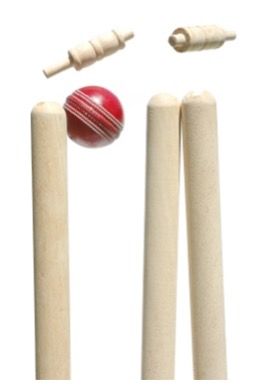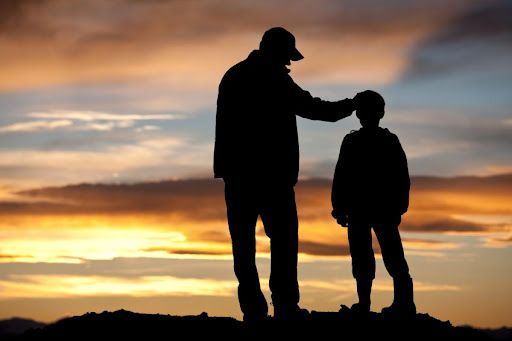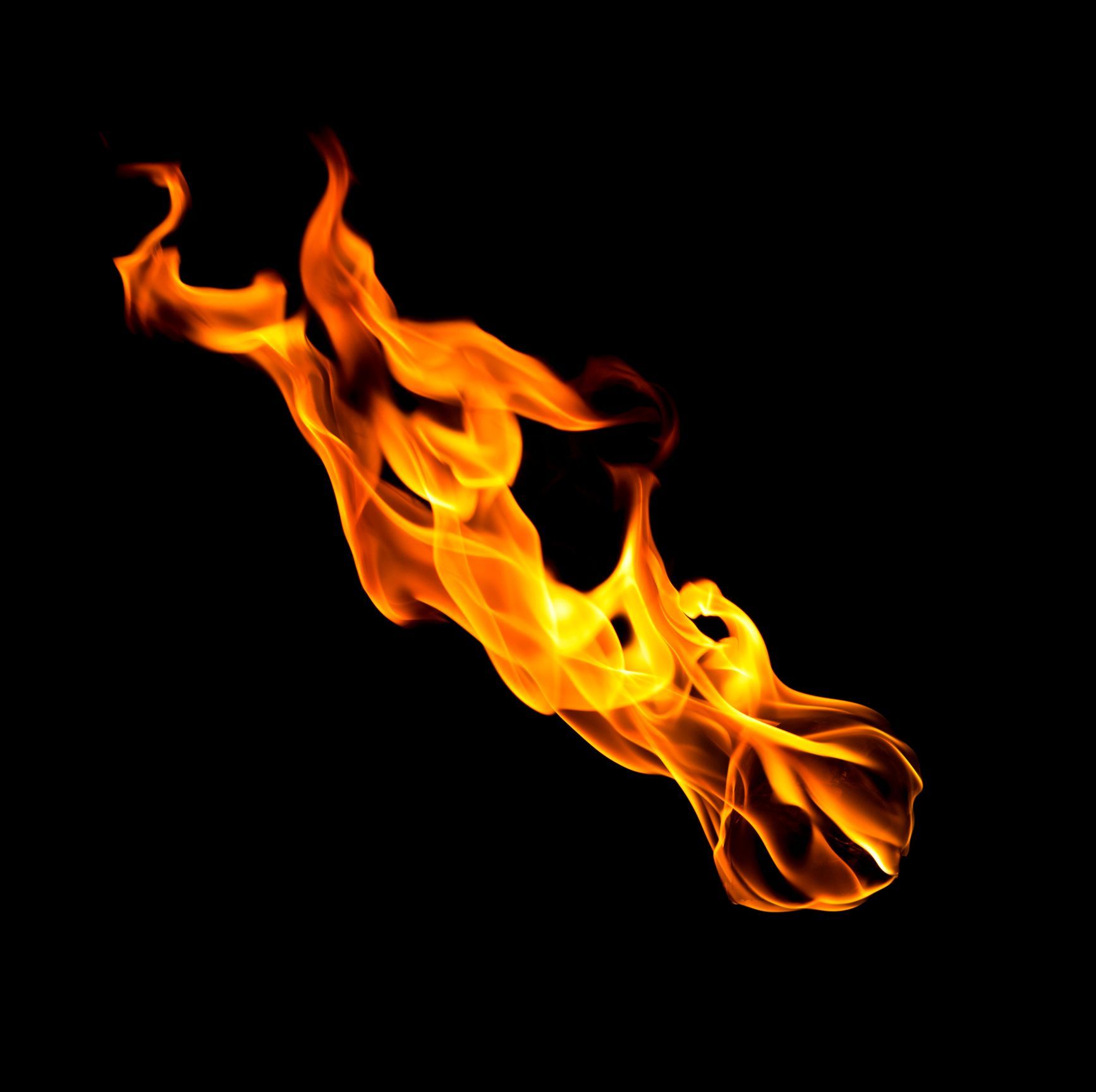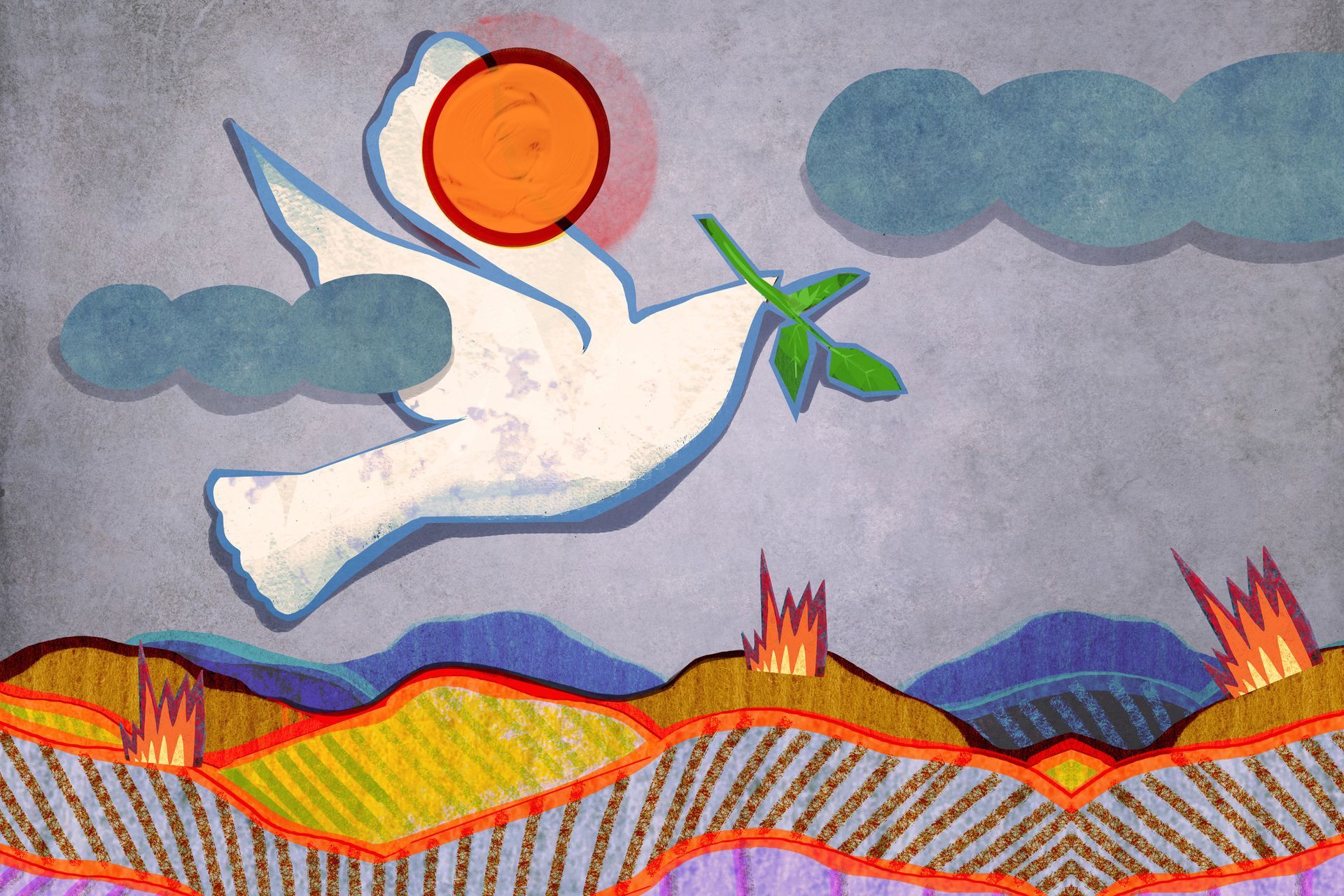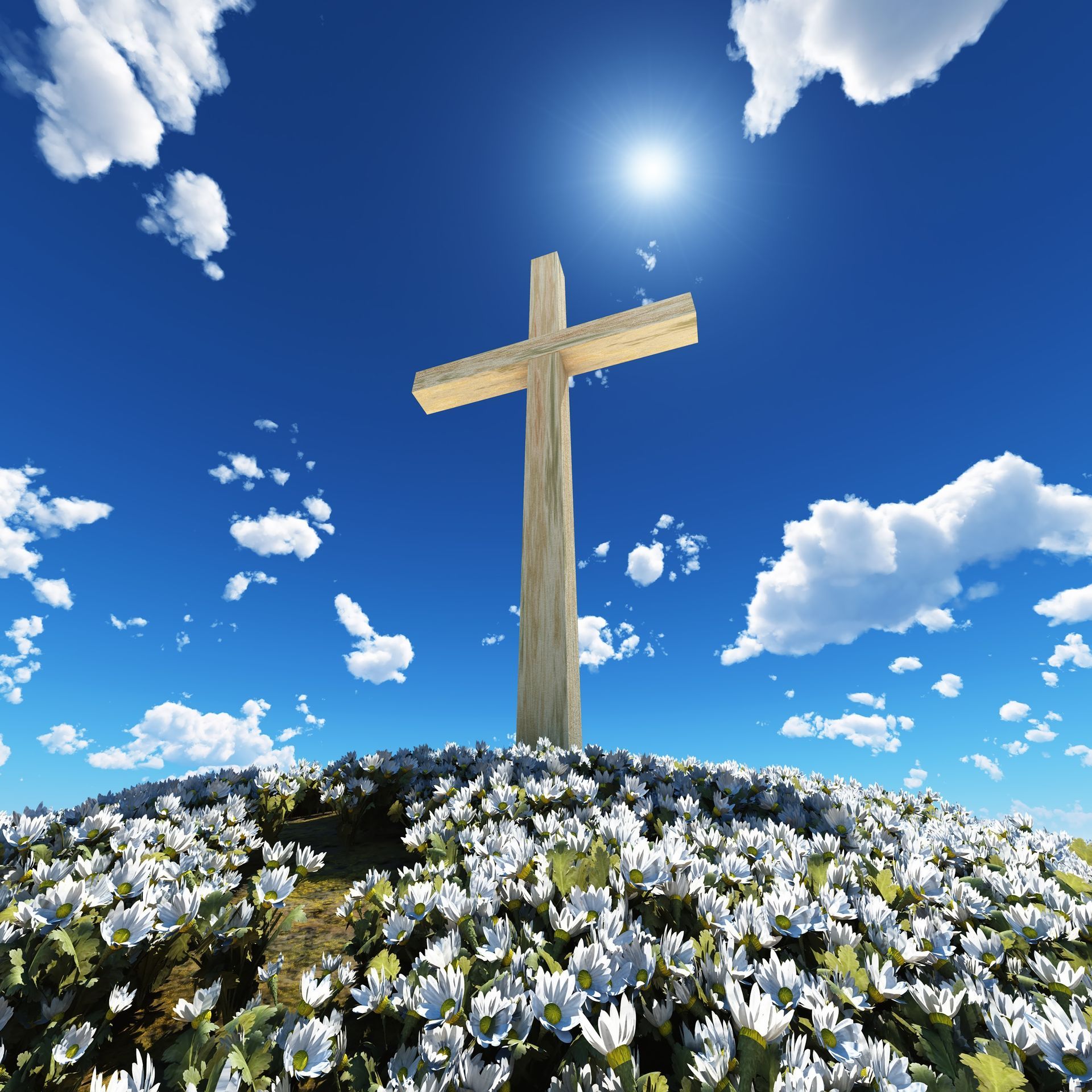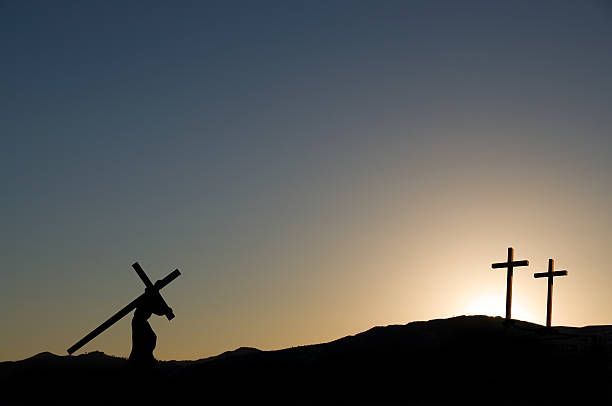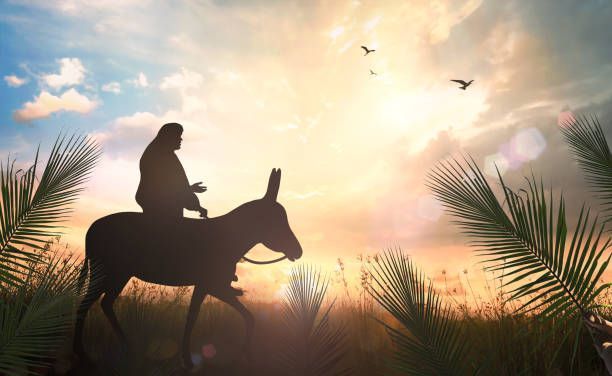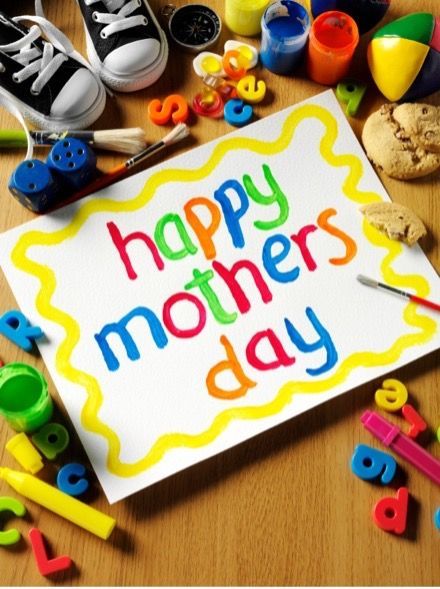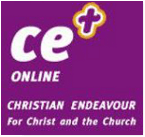CORONATION : CEREMONY AND CELEBRATION
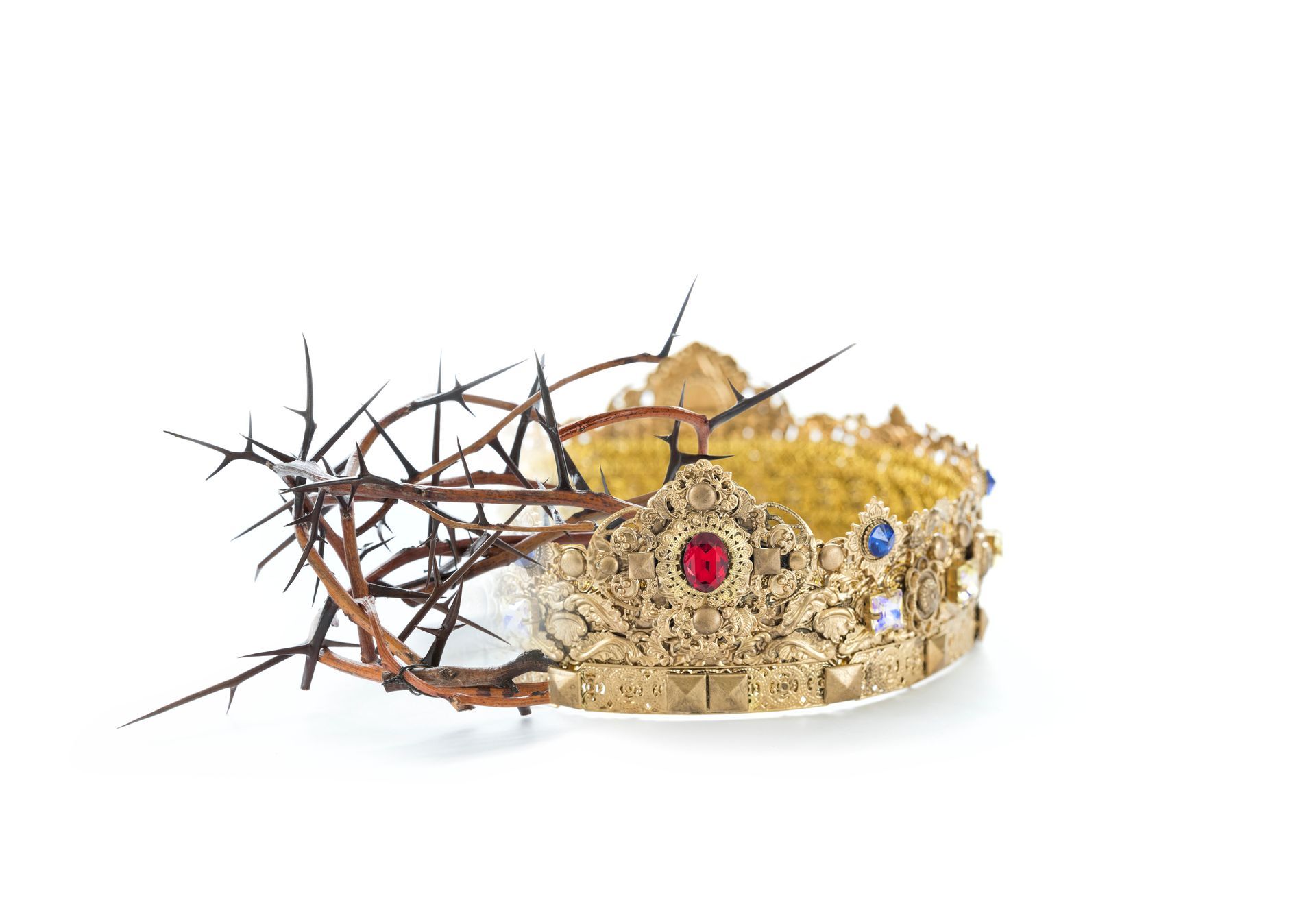
The coronation of King Charles III is similar to those of other monarchs in that it is rooted in tradition and involves much pageantry. For the coronation on May 6th, the streets along the processional way in London will be decorated with flags and banners. There will be parades of soldiers, military escorts for the royal coaches and heralds in their ceremonial dress announcing the arrival of the monarch at Westminster Abbey with a fanfare of trumpets.
As he is crowned, the king will be seated on St Edward’s chair, a chair made in 1300 and used in every coronation since 1626. The royal regalia does not go back as far as that as the crown jewels and regalia were destroyed or sold off by the Commonwealth after Charles I was executed. But elements of the coronation service go back to 1066, when William I, the Conqueror. was crowned on Christmas Day.
Indeed, some elements can be traced back to the appointing of the early kings of Israel. 2 Kings 11.12 tells of Joash being led into the Temple by the priest where he was crowned, given a copy of the laws governing kingship, anointed and proclaimed king to the acclamation of the people. Going back even earlier to around 1,000BC, the very first kings of Israel, Saul and David, were invested as king not by crowning but by anointing by the prophet Samuel (1 Sam.19.12, 16,1,11-13).
It is this act of anointing with oil, the unction, which makes the coronation of our king unique amongst the coronation ceremonies in Europe as none of the others include it. However, it is the central and most sacred act of the whole service in Westminster Abbey. In 1953, when Queen Elizabeth was crowned, it was thought to be so sacred and personal that it was the one part of the service not shown on television. Centuries ago, kings of England thought that this anointing was a recognition that they had a divine right to rule with unlimited authority. Following the example of his mother, Queen Elizabeth, King Charles recognises that his position is one of divine duty in the service of his people and realms and that the anointing signals the confirment of God’s grace upon him as titular ruler. His coronation oath will signify this, somewhat like young Joash being given a copy of the laws governing kingship to help him to rule wisely and well.
There is another unique coronation to which the Bible refers. When Jesus entered Jerusalem at the beginning of His last week on earth, it was a triumphal entry, riding on a donkey, the way that Zechariah had prophesied that the king would come (Zech.9.9), and the people greeted Him with shouts of ‘God bless the king who comes in the name of the Lord’ (Luke 19.38). But His arrest and trial by the authorities turned it into a mockery of a coronation as the soldiers, knowing they were very soon going to take Him to the place of execution, mockingly knelt before Him as if in homage, saluting Him with ‘Long live the King of the Jews’ (Mark 15.18). They put a stick in His hand like a royal sceptre and a crown of thorns on His head (Matt.27.29). Then they led Him out to Calvary to ‘enthrone’ Him on a cross (Mark15.20) on which they put the notice ‘Jesus of Nazareth, King of the Jews’ (John 19.19).
But that was not the end, for Jesus rose from the grave and St Paul declares that there will come a time when ‘in honour of the name of Jesus all beings…will fall on their knees and all will openly proclaim that Jesus Christ is Lord’ (Phil.2.10-11[GNB]). At this, His second coming, His title will be ‘King of kings and Lord of lords’ (Rev.19.16). That will be one great celebration and one unique coronation!

